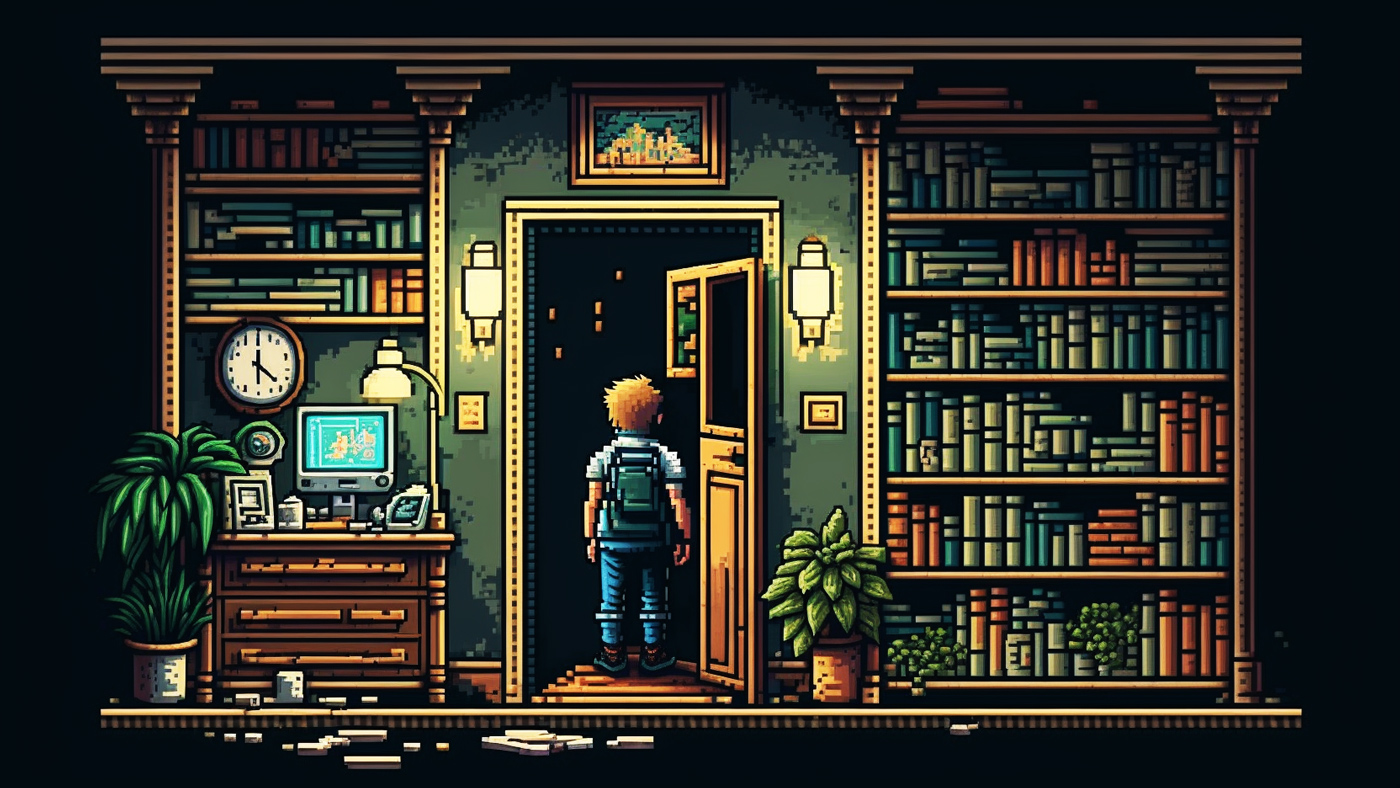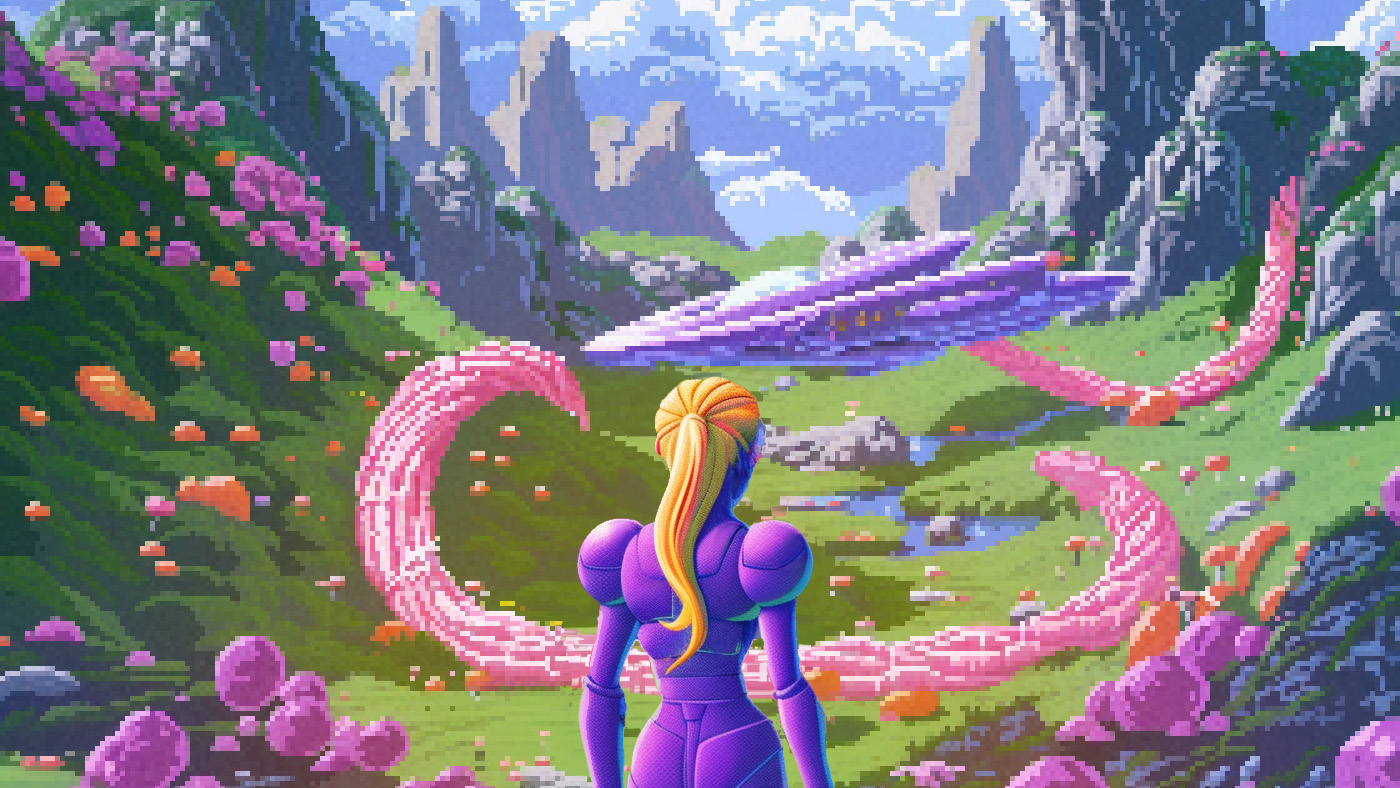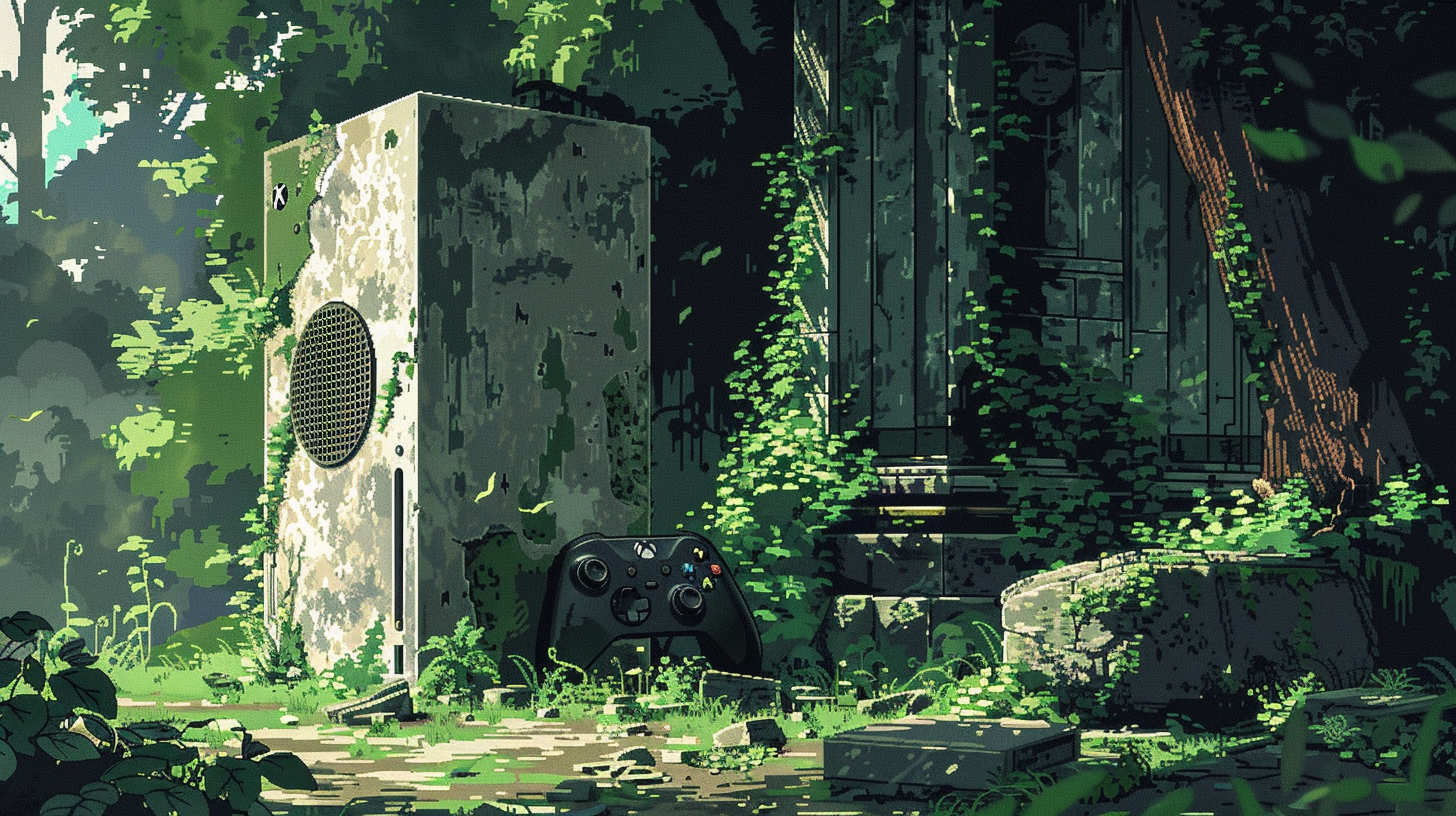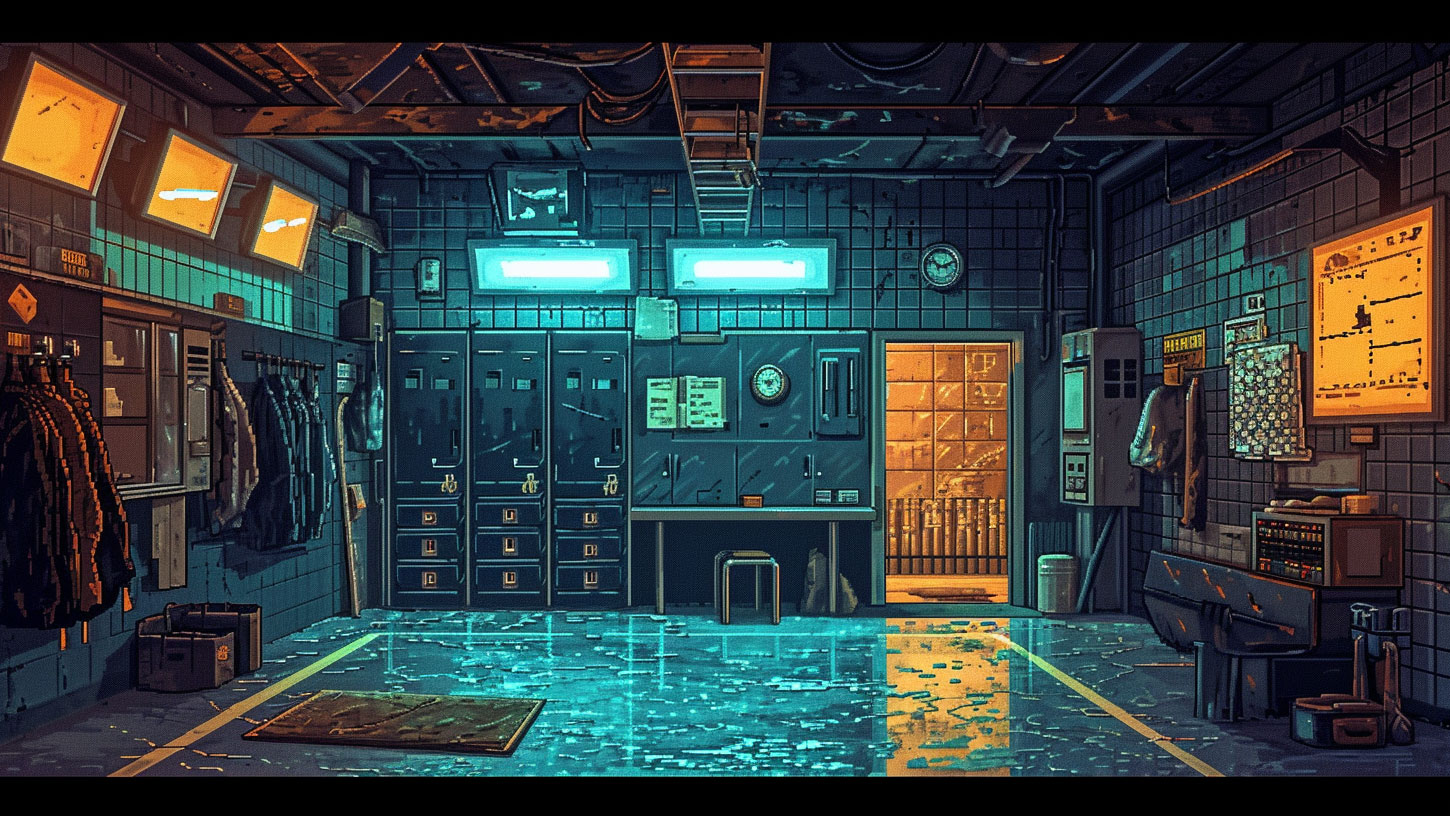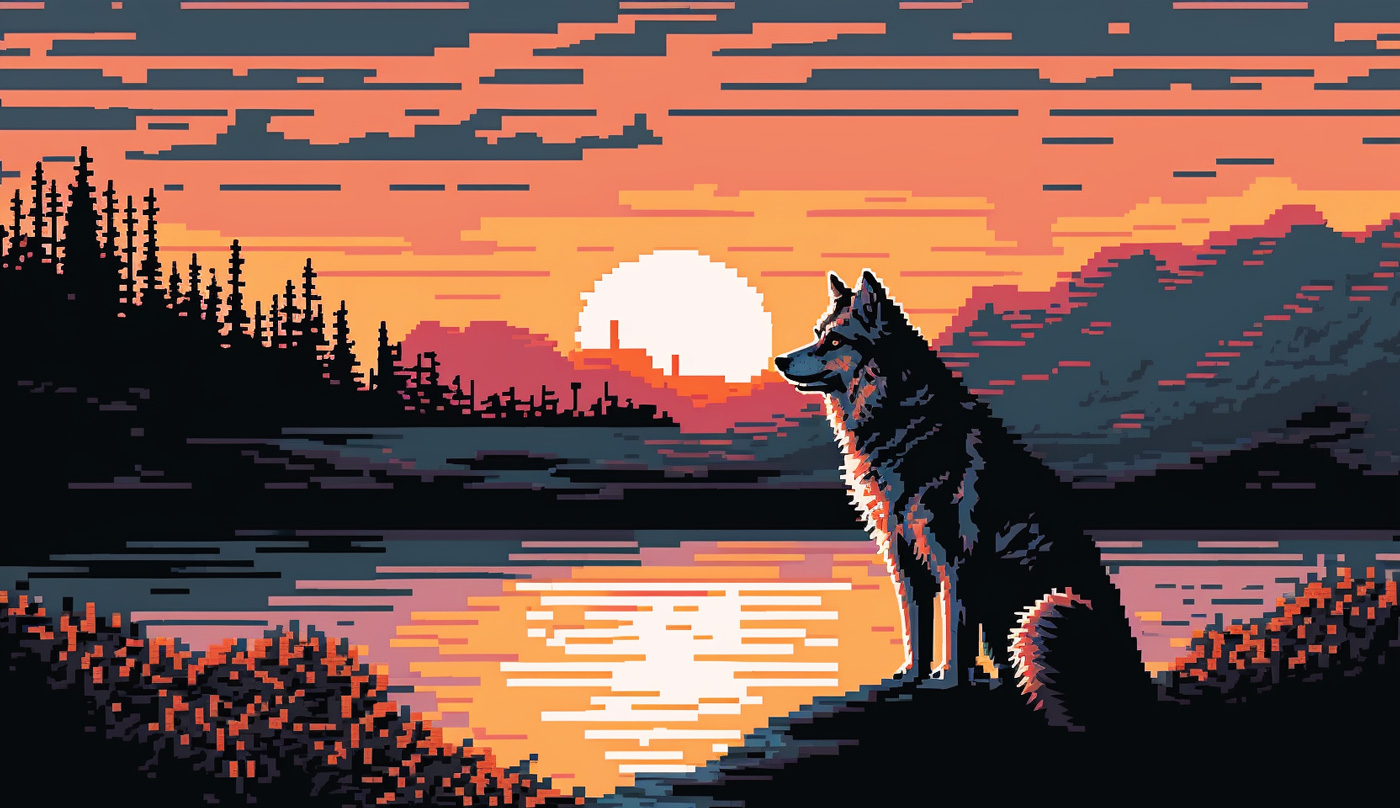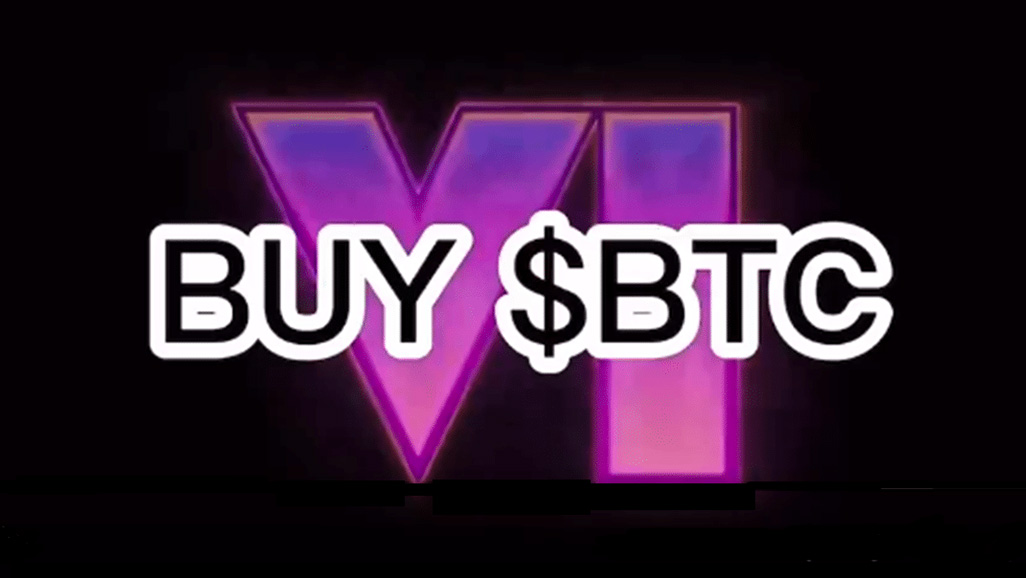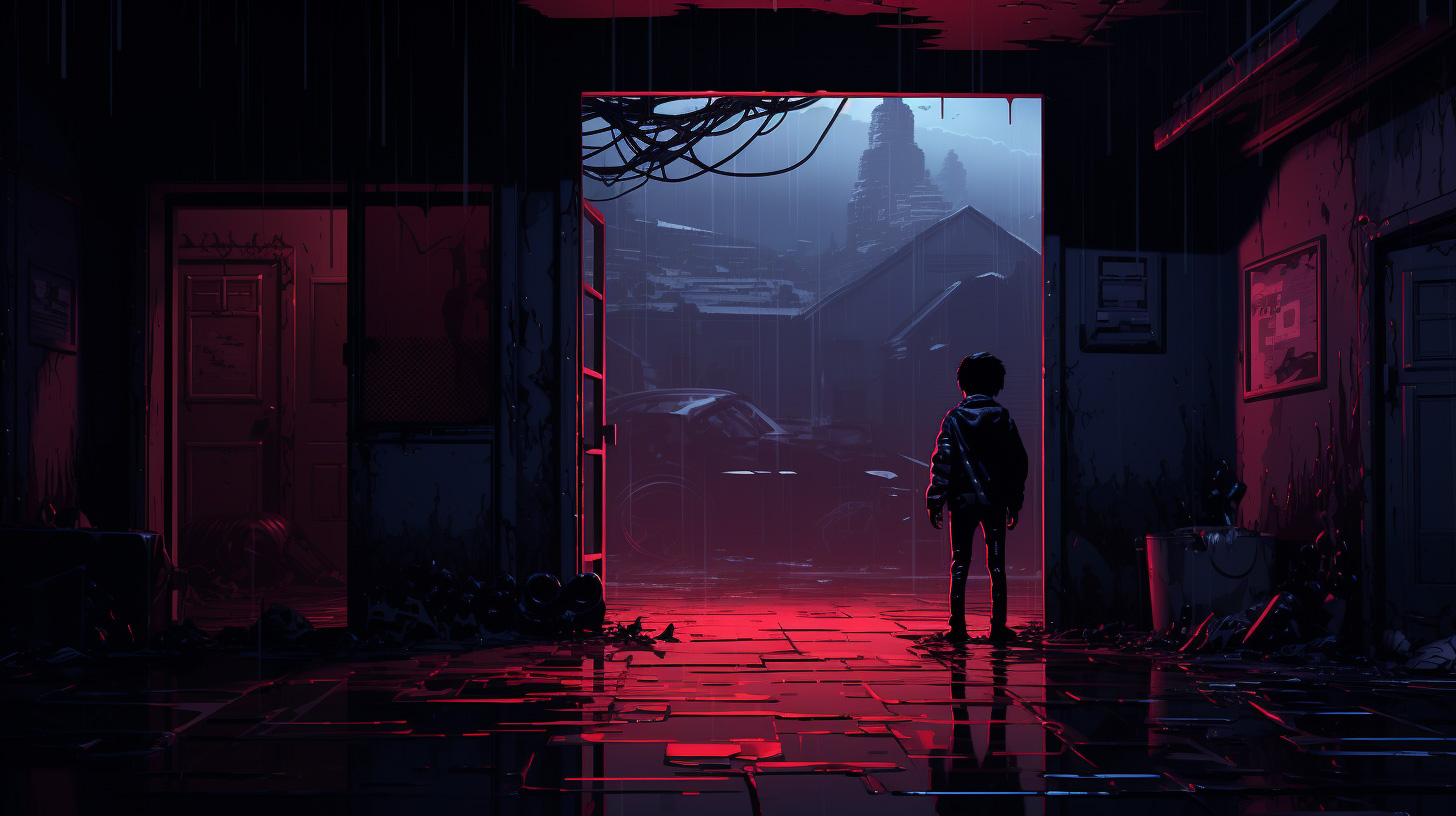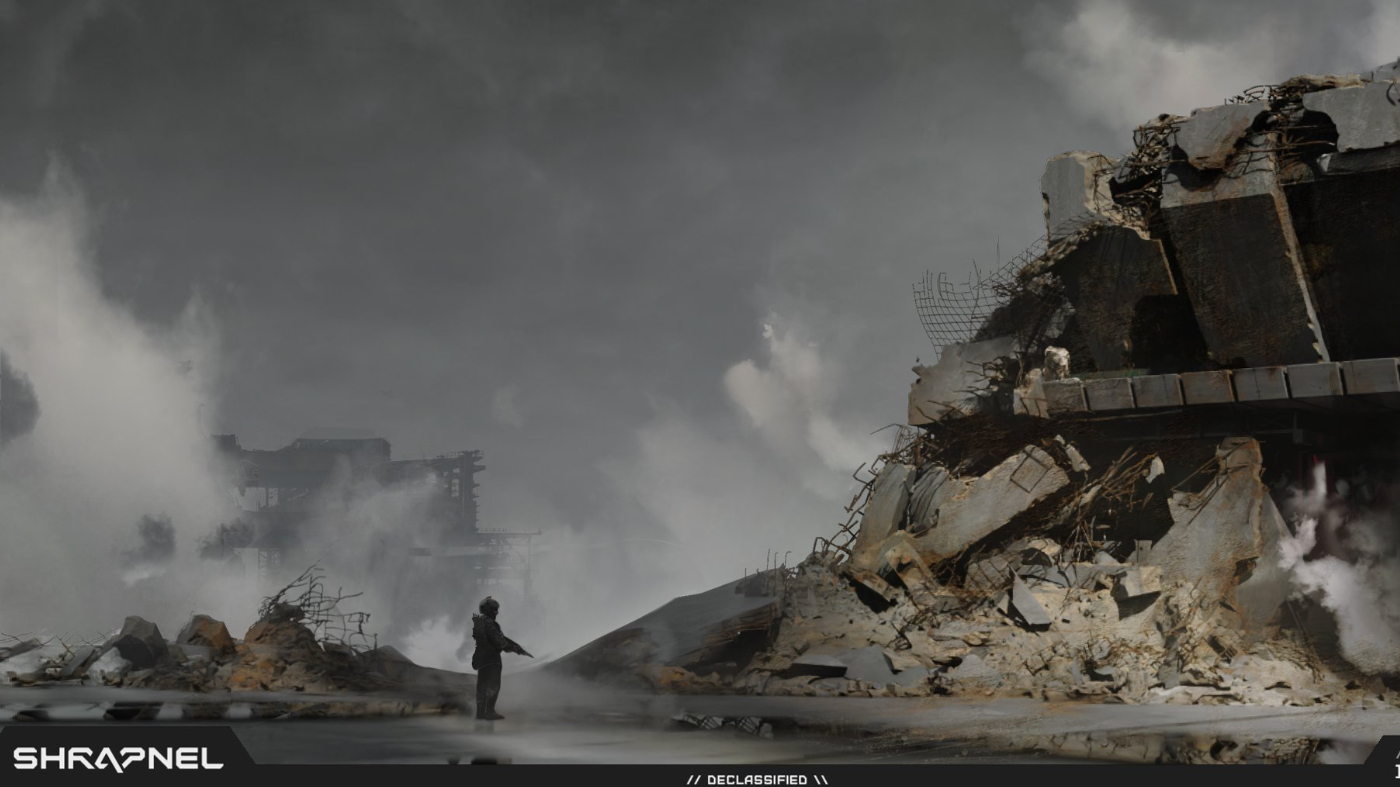This week Polemos Head of Content Hal Crawford was interviewed by Matthew Simone for his podcast The Web3 Gamer. The below are Crawford’s preparatory notes for the conversation.
On my experience of journalism
Nothing ever stays the same. That’s very obvious in retrospect, but it’s not how we deal with the present. It’s natural to assume that all the things we care about now are the issues for the ages, but they are not.
I was lucky to start in a traditional print background where I was forced to do things that were unnatural for me – crime reporting, or real estate reporting, for example. Through this I discovered that most people will respond if you give them an opportunity. I also discovered that I could cultivate curiosity and become interested in almost anything. I moved to digital work in 2001, and would you believe, I felt I was late to the party.
Everything was very web-centric then, and remained so for close to 20 years. Really I feel that the web is mostly over for news publishers now, certainly for new ones. I think the set shifted when Facebook did the first of its tweaks to de-emphasise news in 2017, and that has continued. Now with the invention of LLMs (AI large language models, like GPT) and the ability of anyone to churn out mediocre text automatically, combined with the fact that you can’t get a leg up from social networks, you can forget about any website-based content business. That’s over if you don’t already have an audience.
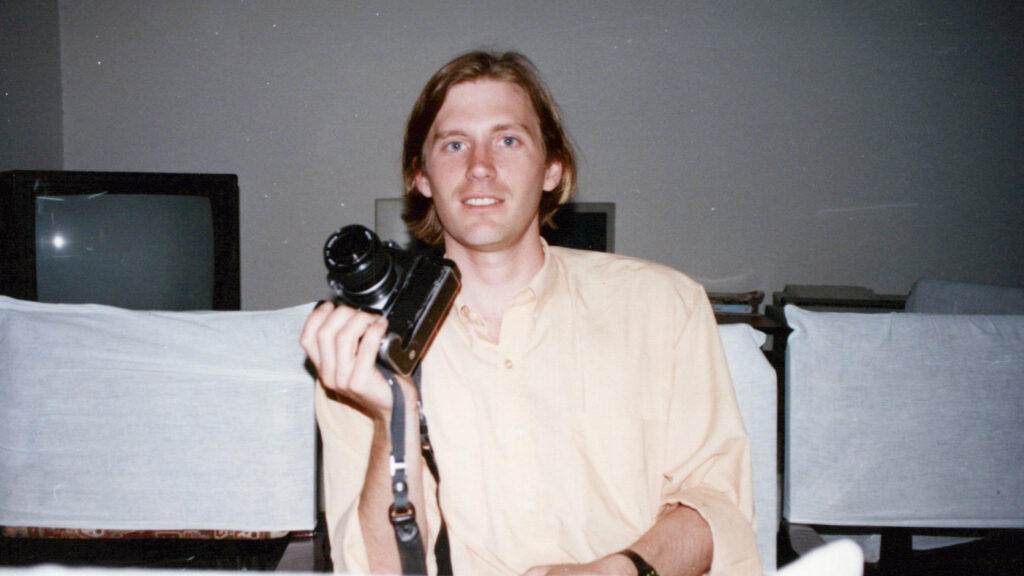
My personal journey is a bit like that too. I have always loved written words, but I’m moving away from them professionally, towards audio visual media. When I worked at Radio Netherlands (in the early 2000s) I fell in love with the human voice and audio, and over the years I have warmed up to video. I worked in TV for several years, but as a manager, not hands-on. Now I am hands-on editing and making video, and I enjoy it a lot.
My first games gig
I was a games reviewer in the late 1990s. Back then everything arrived on CD-ROM. The games would pile up in my apartment, and I would try to do them justice. Now I know more about game development, what a monumental effort a game represents, it’s clear I failed most of the time. As a reviewer, the equation of getting a couple of hundred bucks for tens of hours of gameplay doesn’t work, so you end up skimping and judging a game on graphics and whatever flaws and strengths you stumble on in the time available.
I was always obsessed with video games as a kid in the early 80s. There was something absolutely magical about the way things moved on the screen. It’s hard to put it in words, but I see the same forces pulling my kids towards screens today. This is powerful magic.
Enjoy our reporting? Sign up for the Pharos newsletter and receive an update every week for free.
The fascination continued through the 90s, so I played Doom, Halo, Half Life, Counterstrike in their first iterations. Through the late 2000s and 2010s I had a family so I fell out of gaming. Now I am back and find myself regularly impressed by the games, which isn’t surprising. I sort of missed the whole MOBA thing, so I fired up DOTA 2 a couple of months ago. I was so bad, it was brutal. I find myself energised by the imagination and possibilities of games.
The place of blockchain gaming
My mate Dave had been an early Bitcoin miner, so I was aware of the tech for a long time, but had never been involved. At the beginning of 2022 a friend and former colleague Richard McLaren (now Polemos co-CEO) and I had a discussion about Polemos. It was only then that I heard about Axie Infinity, and the whole business. I did some research and a few months later undertook a kind of analysis of the content opportunities. Eventually I came on as the Head of Content.
The blockchain allows game worlds to extend beyond the game app, and that’s at the heart of the promise I think. The opportunity, the possibility of making the game world richer and more entwined with real life. Also more beyond the control of the game developer. The easiest use case to understand, and still the best, is asset ownership.
Another way of looking at blockchain tech is that it is allowing developers to be more creative – it is opening possibilities. The downside is that it is easy to get lost in the detail, and to become blind to the fact that you are talking to a very small set of people.
When I first learned about blockchain games, I went through the trajectory I think most people have: confusion, followed by understanding and enthusiasm, followed by a settling down of my expectations. Now I see blockchain not as a game type but as a promising game technology. The primary achievement of this tech to date has been to encourage a huge flow of money into game development.
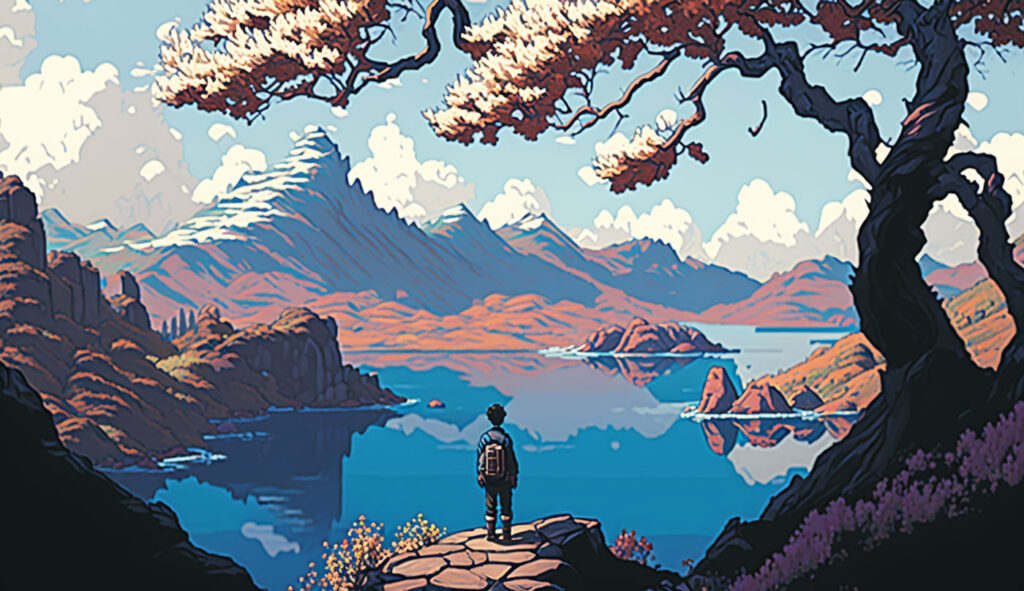
This is not insignificant. There are hundreds of blockchain games under development, with around $4b invested in 2022. But there’s a big mismatch between this money and the number of gamers who care or even know about them.
We have a list of 38 blockchain games we care about at Polemos. We had to do that to reduce the scope. These are the games we think are most likely to draw an audience, or that we are otherwise invested in.
In actual story and video coverage, we are now following a strategy of focussing on big mainstream game launches in order to develop audiences that will one day consume information about blockchain games. Actually I moved beyond that way of talking, for the most part – we cover big games that are remarkable in some way, including having new game tech like blockchain.
The other really important thing for me is that we are not marketing blockchain games and technology. The days of evangelism are over, if they were ever appropriate, and it’s clearly not a question of getting gamers over to “our side”. That partiality doesn’t sit well with me, and it’s ineffective in any case. Gamers are repulsed by anything that smells like marketing.
I think we should veer away from taking an evangelical approach to the tech. It is not my business to sell this to gamers, the industry, or the world in general. It is for me to determine whether it works as advertised, and to highlight where it works and where it does not. In terms of education, there is no shortage of sites that take an explicitly educational role, and that’s valid and useful. I would like to see the tech advance to the point where education is not required. That actually should be an aim of the industry. While someone has to evangelise or educate to encourage uptake, it indicates the tech isn’t ready for primetime.
The future of BG
We are seeing a lot of developers hide their blockchain elements away, put them under the hood or in the backroom. This makes sense. I also like the guys – for example, Blocklords – who are keeping it in the open. The problem is the big discrepancy between investors and users I mentioned before. Investors wanted to fund blockchain games, gamers didn’t want to play them. The answer is not educating gamers. That’s not going to happen. The answer lies in the games themselves. If blockchain is compelling enough as a feature, it will win out. People won’t need to educate, or evangelise, or talk about the tech in the abstract. The product will do all the hard work itself.
The problem with advice
Matthew wanted to know if I had any advice for people wanting to get into web3 journalism.
I am trying not to give advice, as it contains an assumption of superiority that increasingly doesn’t sit well with me. It’s clear to me that I’m not superior, so when I give advice I feel like a fraud. What I can do is make some observations. One observation is that gaming in general is a growth area for reporting. It is a massive industry, at least twice the size of movies, and it receives a fraction of the coverage. That means it’s rich pickings. The intersection of crypto and gaming is doubly rich, in my opinion, in terms of stories. In terms of the audience who cares about it right now, that’s small.
Another observation is that there is no barrier to entry beyond your own timidity. That sounds unkind, but I know it to be true from personal experience.
My final observation is based on looking at other reporters I have worked with who I admire. They take themselves seriously. They have cultivated their curiosity. The successful ones allow themselves to keep chipping away at something for weeks and months at a time. We could do with more of those people.
I’ll let you know here when Matthew puts up the podcast, it’s quite different from above because naturally the conversation diverged from the plan. That happens!
This is the web version of our weekly newsletter. Sign up!

